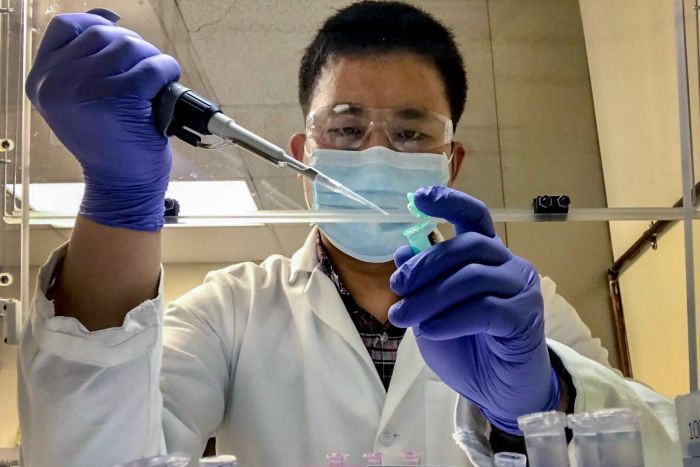
As researchers across the world rush to develop a rapid test for COVID-19, some are taking a do-it-yourself approach. Biohackers — amateur scientists with an affinity for biotechnology — in Australia have reportedly created a new test that could provide COVID-19 diagnosis in 30 minutes and could potentially be used by patients at home. The test is experimental, but the biohackers findings are useful to the community of scientists who are racing for answers to this virus outbreak.
A group of biohackers at the “open-access molecular biology laboratory” BioFoundry in Sydney, Australia, are working off a copy of a test developed by Jinzhao Song, a research assistant in Professor Haim Bau’s lab in the Department of Mechanical Engineering and Applied Mechanics. Song first heard of COVID-19 in January and began working “day and night” to develop a rapid test kit. Song and his colleagues posted their findings online, though their paper has not yet been peer-reviewed.
“We don’t want intellectual property,” Song told Australia’s ABC News. Rather focusing on profits, Song wants the research to be open-source so it can benefit from as many minds as possible.
At present, doctors testing patients for COVID-19 are using tests that rely on a process called polymerase chain reaction (PCR). This test is highly accurate but the testing process is complicated and requires expensive automated machinery. Song and others have proposed a test that relies on a different process called loop-mediated isothermal amplification (LAMP), which is designed to be simpler, faster, and cheaper than PCR tests. And as with the Bau lab’s Zika test, which Song also contributed to, LAMP tests for COVID-19 could potentially be done in any location, including at home.
Read more about biohacker research in Australia in response to the COVID-19 outbreak and Penn’s contributions to the race for rapid testing at Australia’s ABC News.
